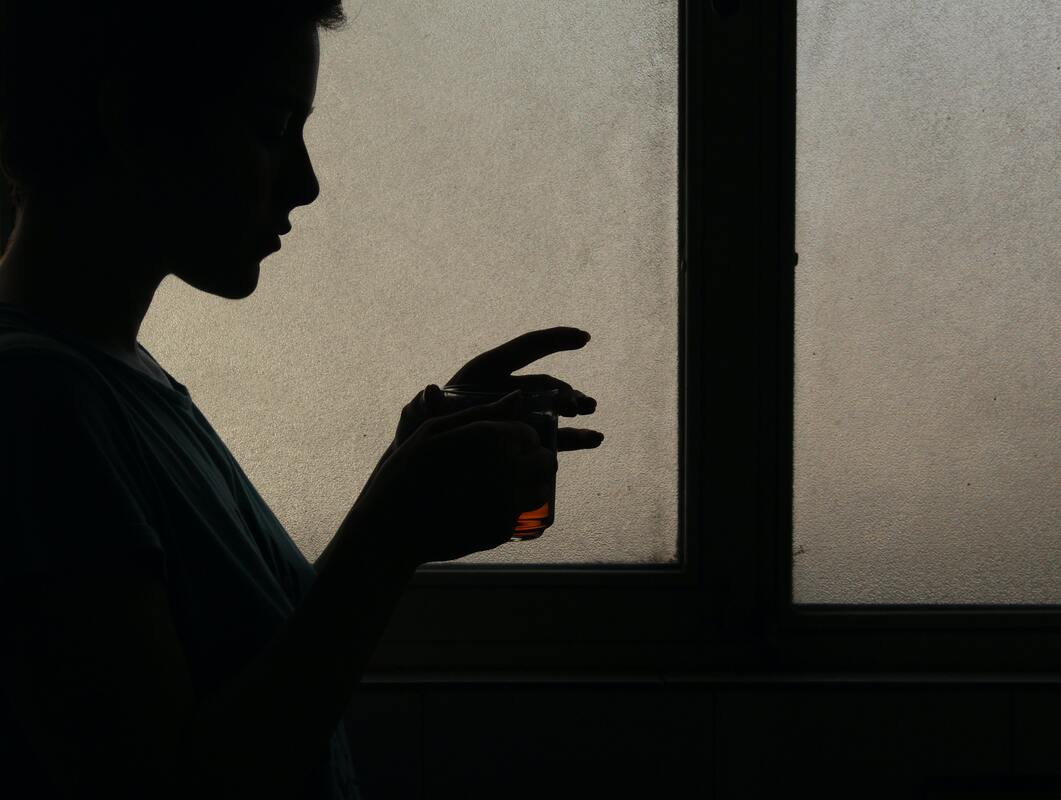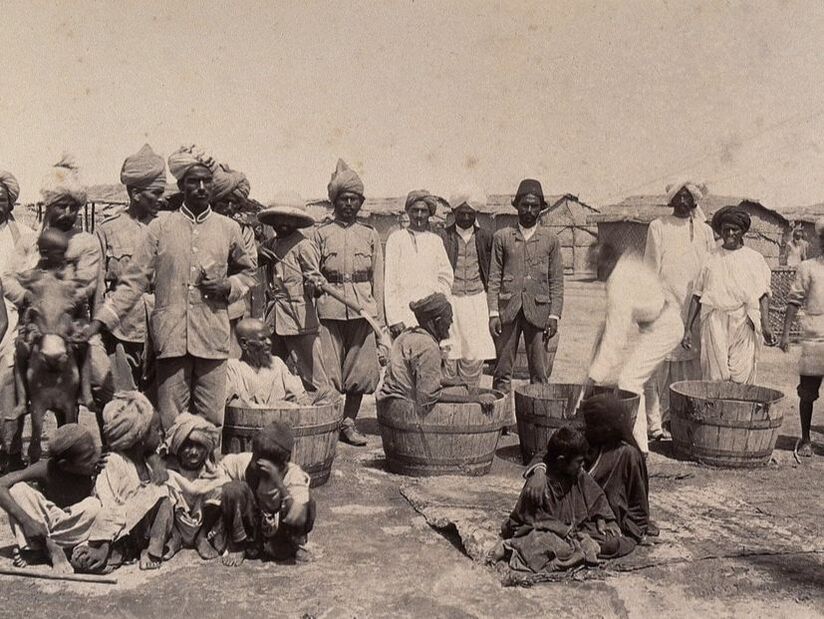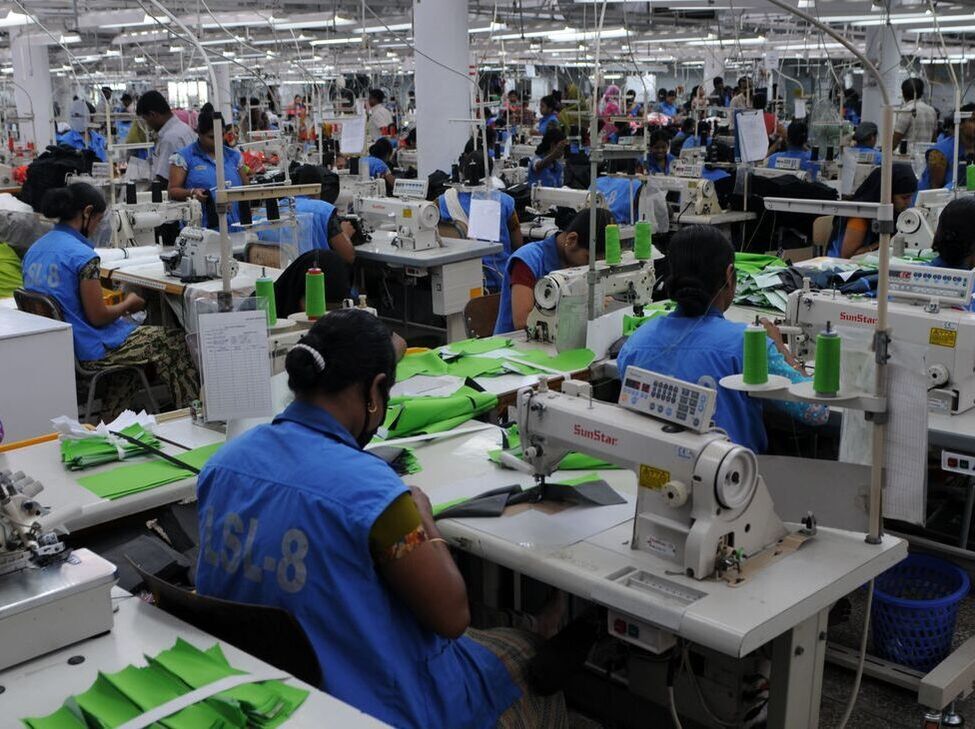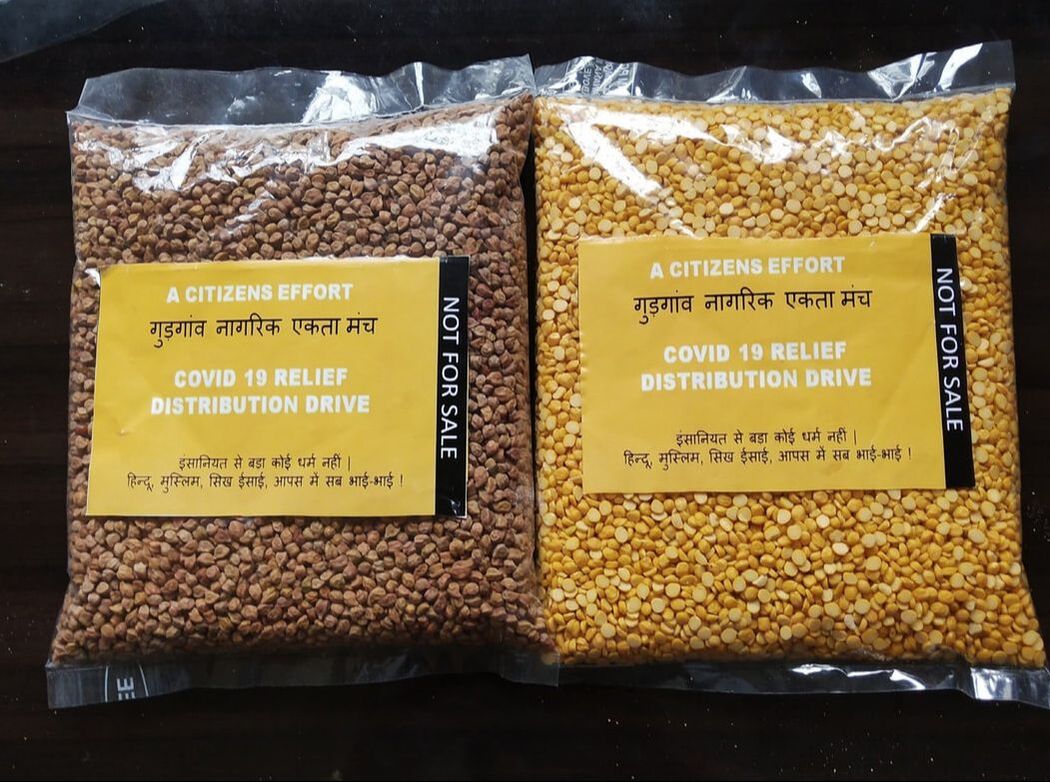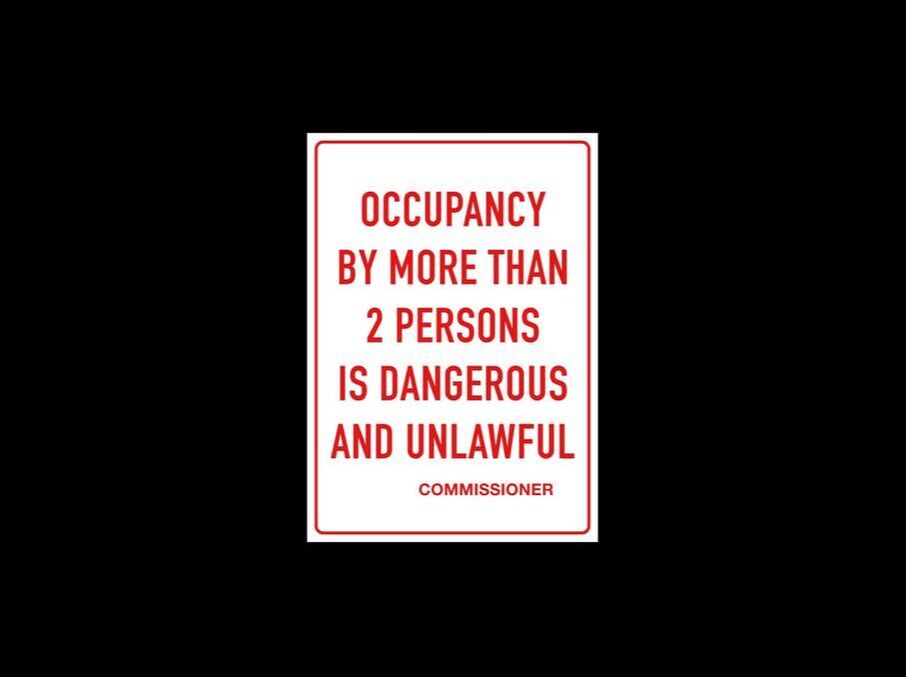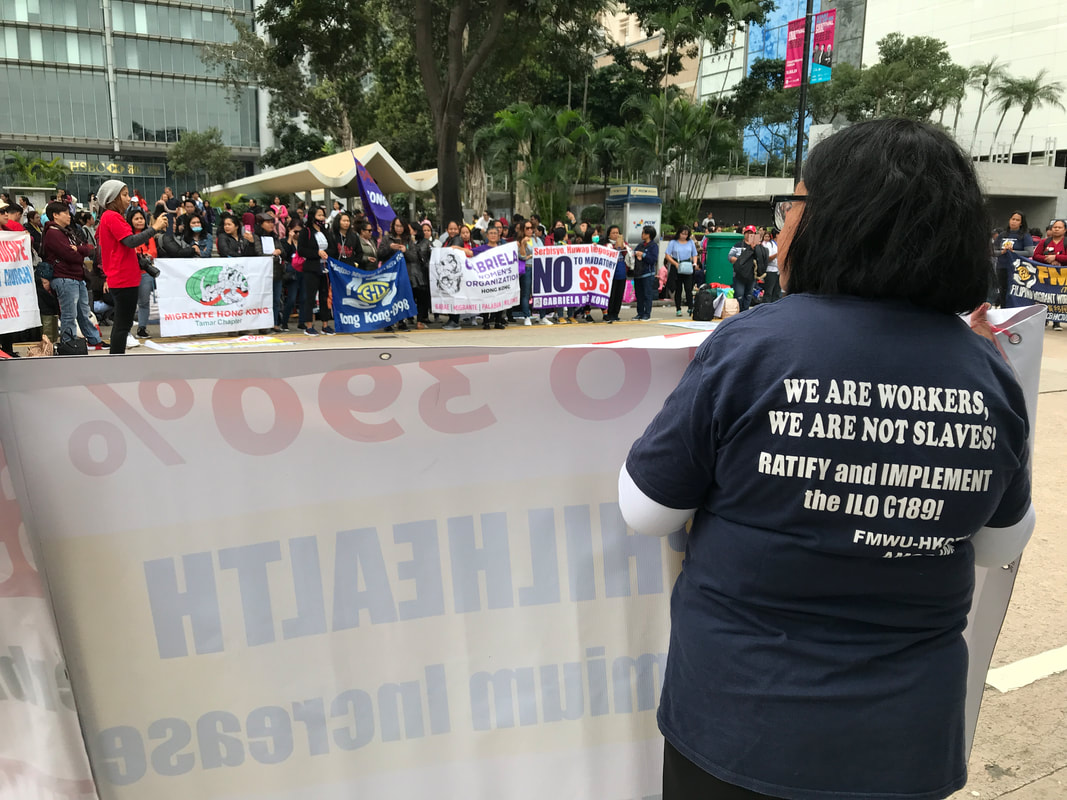COVID-19 shines spotlight on need for strengthened mental health response for asylum seekers28/9/2020
Caitlin Katsiaficas, George Washington University, USA
Many of us have been spending much more time at home, separated from friends and family members, to help curb the spread of the coronavirus pandemic. Movement restrictions and social isolation, along with fear and uncertainty about the future – perhaps coupled with financial stress – can all have important consequences for our mental health. This has led the World Health Organization (WHO) to call for an injection of funding for mental health services as part of the global COVID-19 response and recovery, while among the general public, the topic of mental health and wellbeing has received more attention. But although the pandemic has cast light on these challenges, they are nothing new for many migrants.
0 Comments
Mrunmayee Satam, Amity Institute of Liberal Arts, Amity University, India
Chinmay Tumbe, author of India Moving: A History of Migration, once articulated in an interview that – ‘while the city offers economic security to the poor migrant, their social security lies in their villages, where they have assured food and accommodation’. It has been said that the economic sector is the first to receive a setback during an outbreak of any disease. It is no surprise, therefore, that historians of the social history of health and healthcare have highlighted that epidemics and pandemics trigger the process of reverse migration — a phenomenon wherein people will travel in the opposite direction of what they would typically follow. This means that when there is a great deal of uncertainty surrounding their daily wages, migrant populations residing in cities prefer to travel back to their home towns in the countryside in search of social security.
The ‘Othering’ of returnee migrants in Bangladesh as they are seen as COVID-19 ‘importers’22/6/2020
Ala Uddin, University of Chittagong, Bangladesh
While many countries were taking necessary measures to fight the coronavirus, Bangladeshi leaders were largely in denial of the magnitude of the pandemic and were busy making speeches in line with this tune until around mid-March 2020. As we watched the virus spread across China, Europe and America, we were continuously reassured that, like other flus (e.g. Swine flu, SARS, Ebola or Zika), coronavirus would not hit Bangladesh. Despite these delusions, the first COVID-19 patient was eventually confirmed on 8 March 2020, with the first death following only ten days later. Time and again, we were assured that 'we are prepared enough to fight against the virus', and that it is 'like flu, not serious diseases'. However, even as COVID-19 was being brushed off, weariness and mistrust was already building against migrant workers, foreign travelers and other outsiders as they were quickly blamed for bringing COVID-19 into Bangladesh — an attribution that has resulted in both internal and returning migrants experiencing ‘Otherness’ in their own society.
Anjali Karol Mohan, India
'As in the photo of the daal packet, it is reassuring to see that there are civil society organisations that are promoting the message of equality especially during this time of crisis'.
Prior to COVID-19 taking centre stage as a global pandemic, a two-part seminar series called 'The "Southern Tilt" in the Urban Embedded Wisdom and Cultural Specificity as Pathways to Planning' was held in Colombia and India. The series sought to evolve planning approaches and methods to shape city futures in Latin America, Asia and Africa, geographies that promise to be the future of urbanisation. The main objective was to establish relevant and appropriate vocabularies, methods and processes to comprehend, steer and manage the emerging urban. Animated discussions on informality, migration, housing, land, displacement and conditions of displaceability had, in my opinion, made for a successful seminar. Six weeks later, however, while the discussions seem to be woefully inadequate in the midst of the COVID-19 outbreak, the objectives of the series could not have been more pertinent. Feeling of desperation is doubled due to COVID-19 among undocumented African migrants in Istanbul27/4/2020
Dogus Simsek, University College London, School of Slavonic and East European Studies, UK
A few days ago, I received a WhatsApp message from an undocumented migrant living in Istanbul stating that, 'Our situation is getting worse. I lost my job because of coronavirus. I am stuck here with my child. I do not know how I will pay the rent, buy food for my child. I do not know what to do if we catch the virus. We cannot go to hospital. We are stuck here with very limited facilities. I am very worried about our lives. There is no one to help us. Many of us who do not have documents feel very desperate at the moment'. This is probably one of the worst experiences she has gone through since she migrated to Turkey from Ghana. Trying to understand this feeling of desperation without the social, political and cultural context is hard.
Megha Amrith, Max Planck Institute for the Study of Religious and Ethnic Diversity, Germany
Migrant domestic workers in Singapore have always faced multiple restrictions on their mobilities and rights: their stays are governed by the most restrictive of work permits which require them to live in employers’ homes. They have one day off per week (or in some cases, fortnight or month), and many suffer ongoing forms of exploitation and abuse behind the closed doors of their employers’ homes as labour legislation does not apply to domestic workers. Those who have been working abroad for a long time have found their own ways to negotiate the restrictions on their mobilities to find spaces of freedom, faith, friendship and belonging. These routines, however, have been overturned by the pandemic and trust that has been built over long periods of time has revealed itself to be deeply fragile as new anxieties, coupled with intensifications of existing anxieties, come to the fore.
|
Identities COVID-19 Blog SeriesExplore expert commentaries curated by Identities surrounding COVID-19 and displaced migration, nationhood and citizenship, and more. Blog Categories
All
|
Explore Identities at tandfonline.com/GIDE |
|
